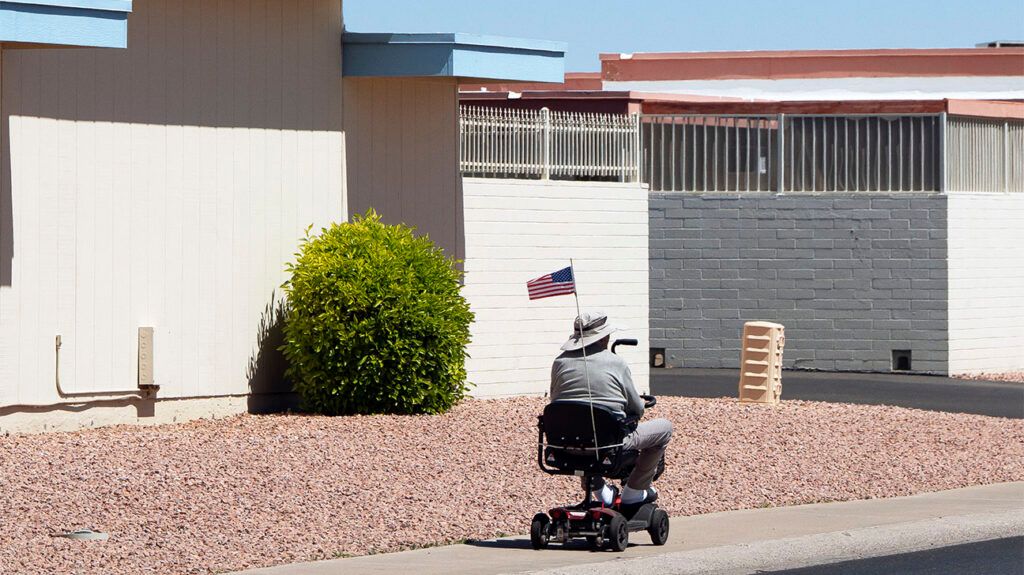Impacts of the 'One Big Beautiful Bill' on Older Adults' Healthcare

Explore how the recent healthcare legislation, 'One Big Beautiful Bill', will affect older adults' access to Medicare, Medicaid, and long-term care services in the USA.
How Will Healthcare for Older Adults Be Affected?
More than 66 million Americans rely on Medicare for health insurance, making any legislative changes significant. The recent signing of the "One Big Beautiful Bill" by President Donald Trump, officially known as House Resolution 1, will have profound implications on health-related programs, especially those aimed at older adults.
Key Changes and Their Effects
- Budget Cuts: The bill aims to cut approximately $1 trillion from federal healthcare programs over the next eight years.
- Medicare Reimbursements: While there is no direct Medicare funding cut mentioned, estimates suggest that due to the PAYGO mechanism, provider reimbursements could be reduced by up to $500 billion between 2026 and 2034, potentially impacting doctor and hospital payments.
- Medicaid and Long-Term Care: The bill proposes significant reductions in Medicaid funding, which could lead to decreased services in nursing homes and home care, affecting the elderly and disabled populations.
- Drug Prices: Although some drug prices may decrease due to negotiated Medicare prices, delays and exclusions could keep certain medications expensive, impacting affordability for seniors.
- Healthcare Access: Changes to enrollment protections and subsidies may make it harder for older adults to obtain or maintain insurance through the ACA.
Effects on Older Adults
- Medicare Coverage: The bill could lead to shifts in Medicare eligibility, potentially excluding some older adults who have worked and paid into the system, starting from January 2027.
- Provider Acceptance: Reduced reimbursements might cause healthcare providers, especially specialists in rural areas, to accept fewer Medicare patients or stop accepting Medicare altogether.
- Long-term Care: Cuts to Medicaid could reduce funding for nursing homes and home care, jeopardizing access to necessary long-term services.
- Women’s Health: Older women may face challenges in maintaining their healthcare services, including screenings and chronic condition management, especially in facilities that face staffing shortages.
Conclusion
The "One Big Beautiful Bill" poses multiple challenges for older Americans, risking reduced access to quality healthcare, increased drug costs, and diminished long-term care services. Seniors and their families should stay informed about upcoming changes and advocate for policies that protect their health needs.
For more details, visit the full article here.
Stay Updated with Mia's Feed
Get the latest health & wellness insights delivered straight to your inbox.
Related Articles
Breakthrough Algorithm Enhances Imaging of Cardiac Tissue and Vessels
A new algorithm improves imaging of cardiac tissue and vessels, enabling earlier diagnosis and better management of cardiovascular diseases by enabling clearer visualization through existing microscopes.
Recall of Freeze-Dried Fruit from Sam's Club Due to Listeria Contamination
Sam's Club has recalled certain batches of freeze-dried fruit due to potential Listeria contamination, urging consumers to discard or return affected products for safety.
Semaglutide Offers Early Cardiovascular Protection for High-Risk Patients
Semaglutide may provide rapid early protection against heart disease in high-risk patients, showing benefits within the first few months of treatment as revealed by recent clinical analysis. Learn more about its potential for cardiovascular risk reduction.
New Study Reveals Teens' Perception of Firearm Access at Home Despite Safe Storage Practices
A new study finds that over half of U.S. teens believe they can access firearms at home, regardless of secure storage practices, highlighting concerns for youth safety and injury prevention.



